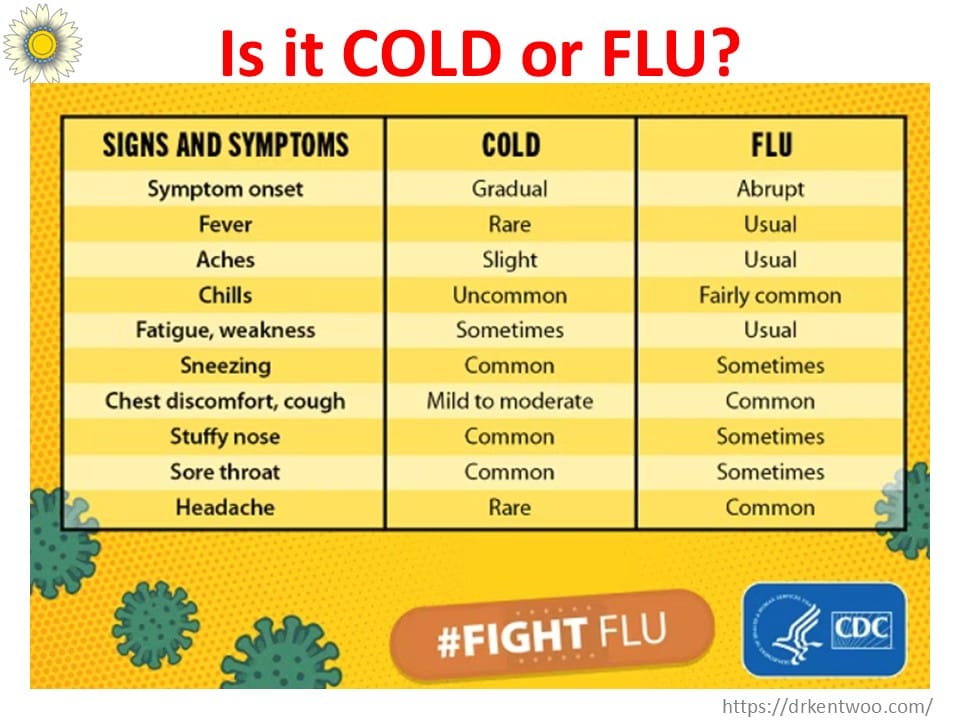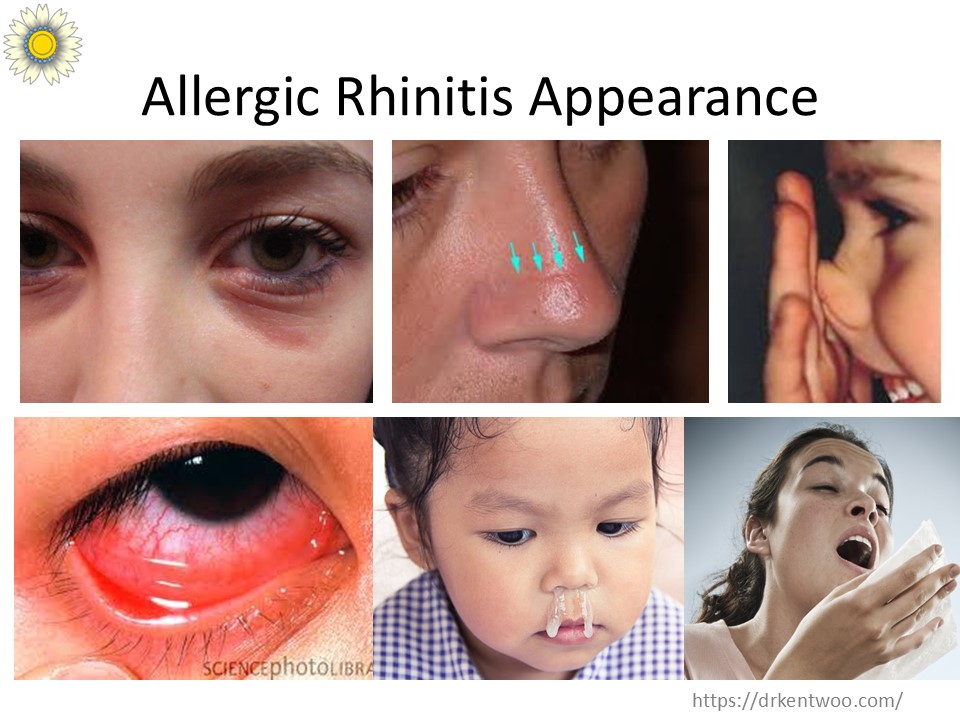Nasal Congestion: Why Your Nose Gets Blocked & What Actually Helps

Let’s talk about nasal congestion — basically a traffic jam in your nose.
And to fix it properly, you need to understand the causes and treatments for nasal congestion, because not all blockages are the same.
When your nose is blocked, everything goes downhill fast:
- Breathing becomes a chore
- Your mouth dries out
- Your voice changes
- Sleep gets wrecked
- Headaches creep in
- Food tastes bland
No wonder it makes you miserable.
A Common Cause: Viral Infections (Colds & Flu)

The most frequent cause of nasal congestion is still the good old viral infection.
When you catch a cold or flu, the lining of your nose becomes swollen and produces more mucus — your body’s way of flushing out the virus.
This congestion usually lasts 3–7 days, sometimes longer.
What helps?
- Rest
- Hydration
- Saline nasal rinses
- Intranasal steroid sprays if swelling is bad
Antibiotics?
Not needed — they don’t work for viruses.
Why a Popular Decongestant Might Not Work
Phenylephrine is in many over-the-counter decongestants.
But the FDA now says it doesn’t really relieve nasal congestion.
What this means for you:
Limited Relief: Studies show phenylephrine works no better than a placebo.
Time for Alternatives: If it hasn’t helped you… it’s not you — it’s the medicine.
A Word of Caution on Nasal Sprays

Topical decongestant sprays work fast — but there’s a catch.
Use them too long and you may develop rhinitis medicamentosa, a rebound effect that makes your nose even more blocked once the medicine wears off.
How to avoid this:
- Use topical sprays no more than 7 days
- Switch to saline rinses or doctor-prescribed sprays if you need longer relief
Allergic Rhinitis: A Major Culprit

Allergic rhinitis (hay fever) is one of the top causes of nasal congestion.
Your immune system overreacts to pollen, dust mites, pets, mold.
Your nose becomes inflamed, swollen, and blocked — sometimes all year round.
How to manage it:
- Get Tested: A quick, painless skin prick test tells you exactly what you’re allergic to.
- Personalised Treatment: Allergen avoidance, proper medications and allergy immunotherapy — which can actually treat the root cause.
Don’t Forget Structural Causes

Sometimes congestion isn’t about allergies or viruses at all.
Other causes include:
- Deviated septum
- Enlarged turbinates
- Nasal polyps
- Chronic sinusitis
These issues physically block airflow and need specialist evaluation.
The good news? Many are treatable once identified.
Information You Can Use
- Phenylephrine may not work for nasal congestion — consider alternatives.
- Avoid long-term nasal decongestant sprays to prevent rebound congestion.
- Allergic rhinitis is common and treatable with personalized care.
- Allergy Testing helps identify your triggers quickly and accurately.
- Viral infections are a major cause — and usually settle on their own.
- Structural problems can also block airflow and deserve evaluation.
If you need help
If you are suffering from urticaria, please seek proper evaluation. Allergist/Immunologist specialists are trained to take care of these conditions and the Allergy Immunology Clinic is ready to serve your needs




